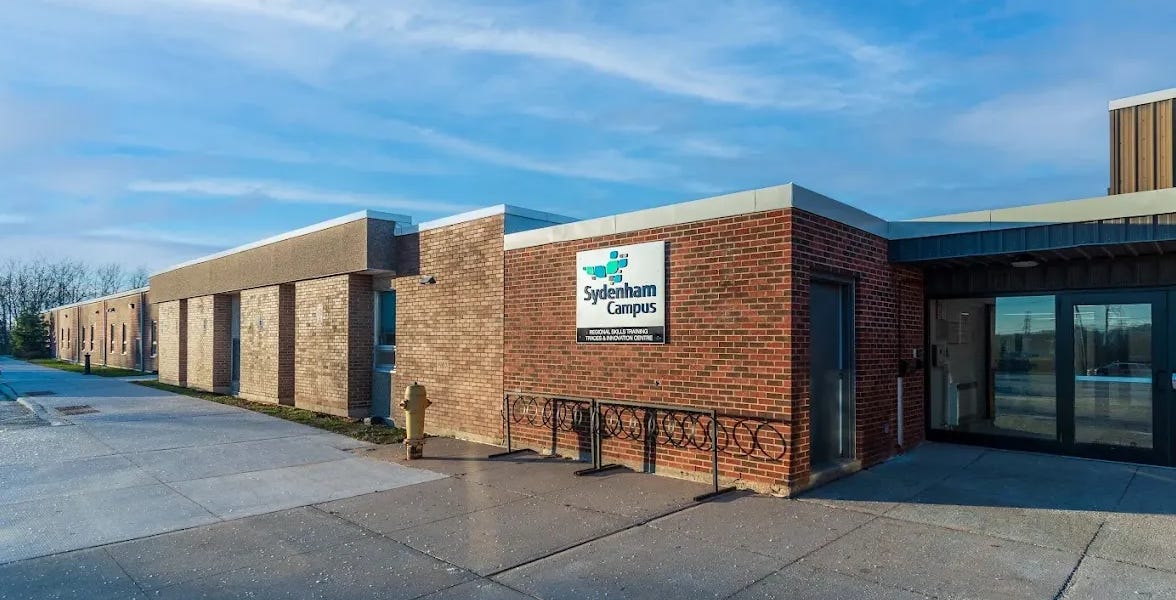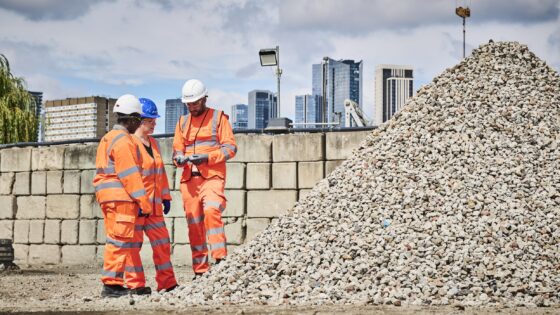So far, the researchers have identified the first step in polyethylene breakdown. Microbial enzymes called dye-decolorizing peroxidases (DyPs) add oxygen, weakening bonds within the polymer and making it more susceptible to further degradation by other, yet-to-be-identified enzymes. The researchers are now investigating those next steps.
As they explored the mealworm’s microbiome, they also discovered fungi that interact with microplastics, tiny fragments of plastic that accumulate in the environment. These fungi produce proteins that cause microplastics to clump together, a process that could help remove them from water supplies. Blenner also sees potential in combining these fungal proteins with plastic-degrading enzymes to enhance plastic recovery and breakdown.
From discovery to real-world impact
Blenner’s team participated in National Science Foundation I-Corps training to explore how their research discoveries could meet industry needs. With the Langer Prize funding, Blenner plans to launch a company, study the market and identify near-term applications for enzyme technology to break down and repurpose plastic waste. “The goal is to find the right problem to tackle first, rather than immediately attempting a full recycling solution,” he said.
In the lab, the team is re-engineering DyPs to improve their activity, stability and lifetimes and make them more suitable for large-scale applications.
They also are exploring how these enzymes could add value by modifying plastics for reuse or transforming them into new materials. Because polyethylene cannot easily be converted back into its original building block, ethylene, the researchers are focusing on the intermediate compounds produced during degradation. The goal is to upcycle those intermediates into higher-value products.
Developing new technologies also means developing new talent. Training the next generation of researchers is a key part of Blenner’s mission. Twelve undergraduates have contributed to this work so far, of whom three have co-authored published journal articles and six have gone on to graduate programs. “Undergraduate research gives students the ability to not only apply the knowledge they gain in classes but also allows them to create new knowledge that drives innovation and prepares them to tackle sustainability challenges in their own careers,” said Blenner.
As global plastic pollution continues to mount, Blenner sees biology as a powerful tool for change. Backed by the Langer Prize, he and his collaborators are turning biotechnology innovations into tangible solutions for the world’s growing plastics challenge.
link






_800x420.jpg)
More Stories
Daily Career Horoscope, November 7, 2025: Career momentum builds; these zodiac signs will see results soon
WashU career communities help students find their future – The Source
The Modern Multispecialist Engineer | Dice.com Career Advice